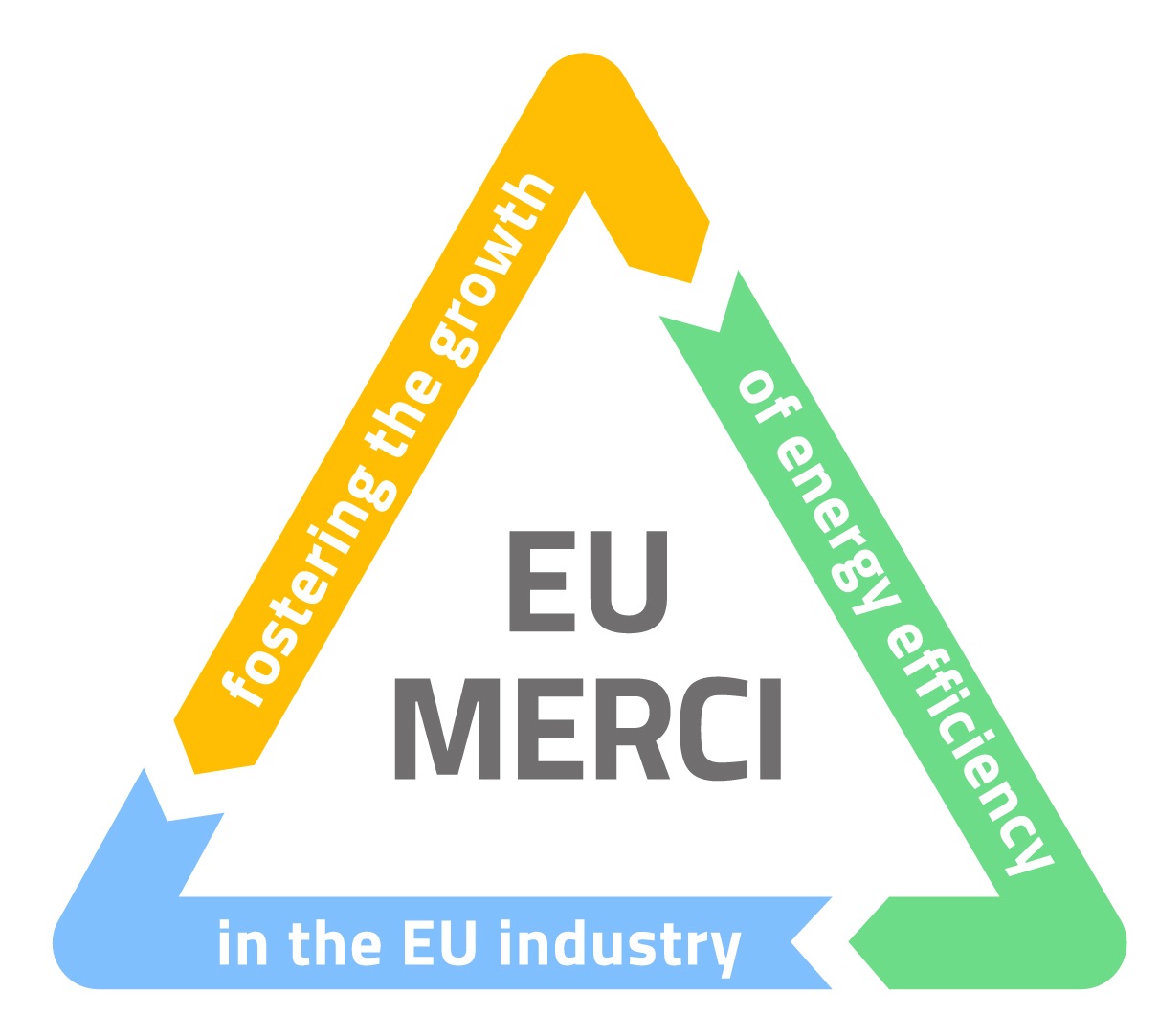1) What are the feedbacks that you have by your national energy efficiency policies?
The feedback for the implementation of the National EE policies is received by several information channels as:
1. Policies in Service sector:
− Annual reports on the implementation of the State bodies and local authorities energy efficiency programmes – not later than the 1st day of March.
− Annual reports on the implementation of the obligatory energy efficiency management by public buildings and of outdoor lighting systems owners – not later than the 1st day of March (template available).
− Annual information on the performed energy audits by the energy auditors – not later than the 31st day of January
2. Policies in Industry sector:
− Annual reports on the implementation of the obligatory energy efficiency management performed by industrial enterprises and industrial systems – not later than the 1st day of March (template available)
− Annual declarations of the energy consumption of enterprises and industrial systems – not later than the 31st day of January (template available)
− Annual information on the performed energy audits by the energy auditors – not later than the 31st day of January
3. EEOS:
− Annual declarations of the energy sales made by the energy traders under to final customers during the previous calendar year – not later than the 1st day of March (template available)
− Annual information on the individual energy savings targets implementation – not later than the 1st day of March (template available)
4. Other cross-cutting policies:
Financial institutions (Banks, National EE Fund, Credit lines etc.), State administrations, Operational Programmes managing bodies, etc.
The information above includes number of implemented EE projects and measures, energy savings, CO2 emissions savings, financial savings, investments needed, etc. The results of the implementation of all the National policies are included in the Annual report on the implementation of the National EE Action Plan and is part of the report of the National EE Target implementation.
2) Which are your expectations concerning the project? How do you think that EU-MERCI project results may help you?
The exemplary cases and best practices that may lead to the most effective and efficient EE technical and economic solutions, is one of the most valuable outcomes expected by us. They can be used by the Industrial enterprises under the National EE Law as information about best practices concerning most suitable and effective energy efficiency measures. This would be very useful especially for the certain Industrial systems that are not obligated to have an energy audit. The exemplary best practices cases would give pretty good reference point for those Industrial systems about the possible actions and measures and the expected results.
This also could be very useful information for the energy auditors again as an access to valuable data on the effect from certain measures and actions on EU level.
All this is strongly connected with the next very valuable outcome – the algorithms, common measurements procedures and guidelines working tools. That would be especially valuable exactly for the non-obligated Industrial systems. The measurement tools could be also useful for the obligated parties for the annual reports on the implementation of the obligatory energy efficiency management reporting to SEDA. This indisputably would facilitate the companies when they do the needed assessments and of course would increase the quality of the calculations of the EE measures’ effects.
Transfer of knowledge and information exchange through stakeholders’ network is also very important. The Industrial systems need to learn to communicate with each other not only on National level but also on EU level. That would give them the opportunity to broaden their views and also to find possible partners outside the country. In that meaning EU-MERCI project is very good platform for possible future business opportunities for the Industrial systems in our country.
